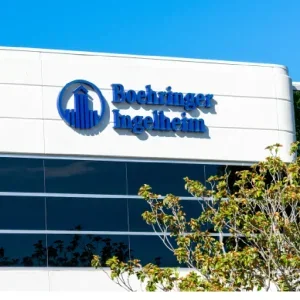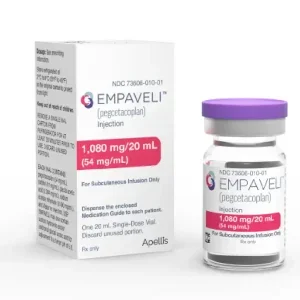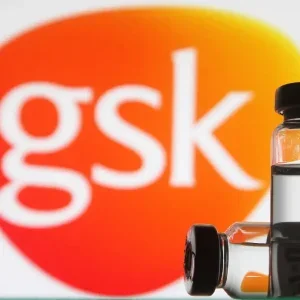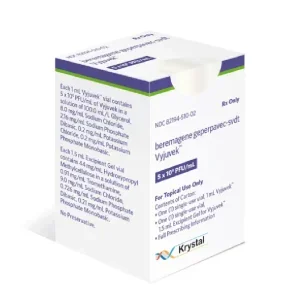
Dutch clinical-stage oncology company Merus has secured the US Food and Drug Administration (FDA) approval for Bizengri to treat certain pancreatic and lung cancers.
Bizengri (zenocutuzumab-zbco) is an investigational bispecific antibody that targets HER2 and HER3, to treat cancers driven by NRG1 (neuregulin 1) gene fusions.
The drug is indicated for previously treated adults with advanced-stage pancreatic adenocarcinoma or non-small cell lung cancer (NSCLC), harbouring NRG1 gene fusion.
The US health agency approved the indications under its accelerated approval pathway, based on overall response rate (ORR) and duration of response (DOR).
Bizengri can be further approved in additional indications, contingent upon verification and description of clinical benefit in confirmatory trials.
The drug comes with a boxed warning for embryo-foetal toxicity, along with infusion-related reactions, hypersensitivity, pneumonitis, and left ventricular dysfunction.
Merus said the FDA approval will address an important need for patients with NRG1+ cancer who have not previously had treatment options approved to specifically target this driver.
The company is planning to launch the Bizengri 20mg/mL injection for intravenous use in a few weeks.
Merus chief commercial officer Shannon Campbell said: “Bizengri is Merus’s first approved medicine based on our highly innovative and proprietary Biclonics technology platform and offers significant promise for patients with NRG1+ pancreatic adenocarcinoma and NRG1+ NSCLC.
“This approval is a testament to both our technology and strong execution as we continue to develop our multispecific platforms and pipeline, including our lead asset petosemtamab.”
The FDA approval of Bizengri is based on data from the eNRGy trial, a multicentre, open-label clinical study that enrolled patients with NRG1+ pancreatic or lung cancer.
In the study, Bizengri showed an ORR of 40% and DOR ranging between 3.7 months to 16.6 months in patients with NRG1+ pancreatic cancer.
The drug showed an ORR of 33% and a median DOR of 7.4 months in NRG1+ NSCLC.
The response rates in the study were measured using the Response Evaluation Criteria in Solid Tumours (RECIST) v1.1 as assessed by blinded independent central review (BICR).
The most common adverse reactions include diarrhoea, musculoskeletal pain, fatigue, nausea, dyspnoea, constipation, vomiting, abdominal pain, and oedema, among others.
Furthermore, Merus will offer PTx Assist to help eligible patients get access to Bizengri through resources and support based on each patient’s needs and situation.
eNRGy trial principal investigator Alison Schram said: “The FDA approval of Bizengri marks an important milestone for patients with pancreatic adenocarcinoma or NSCLC that is advanced unresectable or metastatic and harbours the NRG1 gene fusion.
“I have seen firsthand how treatment with Bizengri can deliver clinically meaningful outcomes for patients. I am extraordinarily grateful for the patients and families who participated in the trial.”






